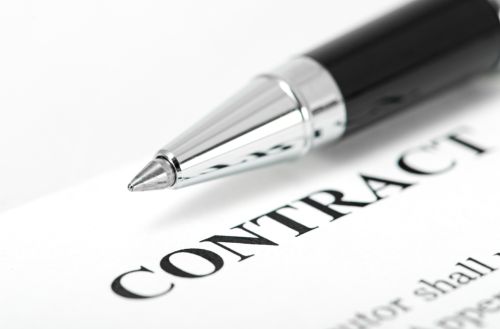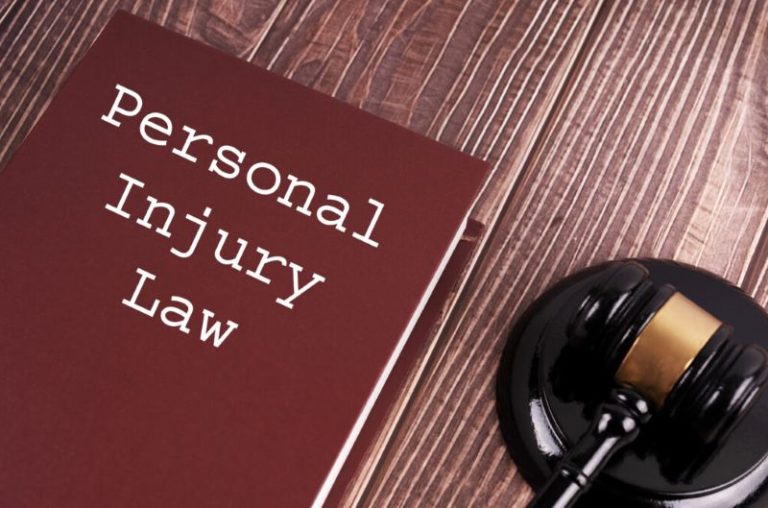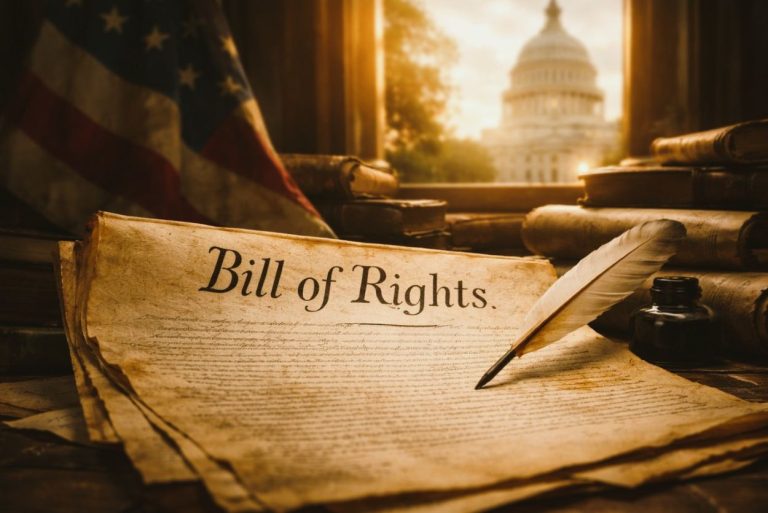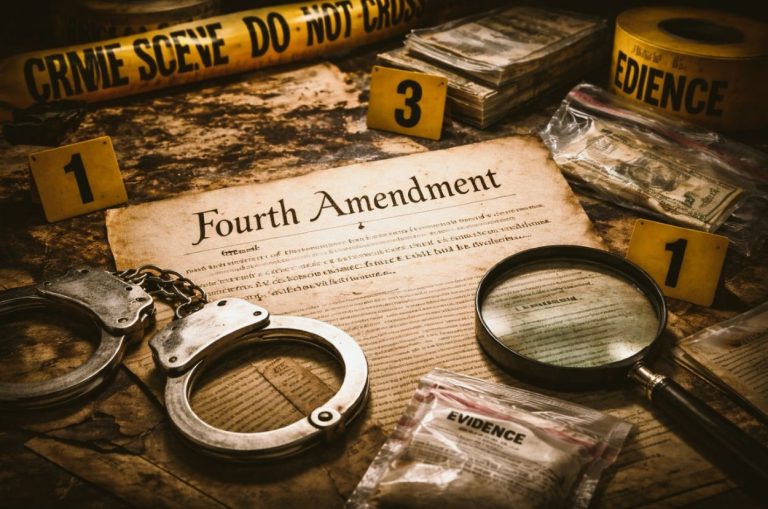

Contracts form the foundation of every business relationship. They define obligations, set expectations, and create trust between parties. Yet, when one side fails to uphold its part, the situation quickly escalates into a dispute. Unclear terms, missed deadlines, or conflicting interpretations can turn a simple deal into a legal battle.
Attorneys like Exceed Legal guide businesses through these challenges with precision and strategic foresight. They analyze contract language, evaluate breaches, and design negotiation strategies that protect their clients’ interests. Skilled lawyers ensure disputes do not spiral into unnecessary lawsuits. This article explains how experienced attorneys navigate the complex landscape of contract conflicts while keeping outcomes favorable and efficient.
Identify the Root Causes of Contract Disputes
Contract disputes rarely arise without reason. Most stem from vague language, unmet expectations, or poor communication between parties. A single overlooked clause can create uncertainty about duties and timelines. Once confusion sets in, disagreements escalate, and trust erodes.
Attorneys identify the origin of each conflict before advising on the next step. They review documentation, correspondence, and contract provisions to determine responsibility. A clear understanding of the cause allows them to target solutions that address both the legal and business dimensions of the problem. Without this clarity, even small issues can turn into costly litigation.
Evaluate Contract Terms for Weaknesses
How a contract is written often determines how enforceable it is. Ambiguous clauses invite interpretation, giving both sides room to argue. Experienced attorneys scrutinize every sentence to locate weak or unclear provisions. Their goal is to eliminate uncertainty before it becomes a legal issue.
A business lawyer Boise knows how to assess agreements for compliance with local and federal regulations. They ensure terms meet current legal standards and reflect fair business practices. This detailed review prevents future disputes by strengthening contract foundations. A well-constructed agreement remains the best defense against conflict.
Use Evidence to Prove Breach of Contract
Once a dispute arises, attorneys work to prove whether a breach occurred. Evidence may include invoices, communications, and records of performance. Each document helps reconstruct what was promised and whether obligations were met.
Attorneys present this evidence clearly to demonstrate fault or justify nonperformance. They ensure the facts align with contractual terms, leaving no space for ambiguity. Proper documentation allows clients to establish credibility and strengthen their case. A solid evidentiary base supports faster and fairer resolutions.
Negotiate Settlements Before Litigation
Court procedures can consume valuable time and resources. Skilled attorneys prioritize negotiation and mediation before turning to litigation. These methods encourage cooperation while protecting client interests. Reaching an agreement outside court saves money and preserves professional relationships.
Lawyers guide discussions with logic and fairness. They focus on outcomes that restore balance rather than assign blame. When handled correctly, settlements can close disputes quickly while maintaining confidentiality. Effective negotiation prevents unnecessary escalation and provides practical solutions.
Manage Complex Multi-Party Disputes
Some contract conflicts involve more than two parties, which adds another layer of complexity. Joint ventures, partnerships, or supplier agreements may include multiple participants with competing claims. Coordinating these interests requires careful planning and strong communication skills.
Attorneys assess how each party’s role affects liability. They develop strategies that protect clients from unfair exposure while addressing the concerns of others. This balance keeps discussions productive and avoids prolonged standoffs. Multi-party disputes demand diplomacy backed by firm legal reasoning.
Resolve Disputes Through Arbitration or Mediation
Alternative dispute resolution methods, such as arbitration or mediation, provide structured ways to settle conflicts without trial. Arbitration offers binding decisions made by neutral professionals, while mediation encourages cooperation under a mediator’s guidance. Both methods save time and reduce costs.
Attorneys prepare clients thoroughly for these procedures. They present evidence, craft arguments, and ensure compliance with rules governing each process. A legal disputes lawyer Idaho uses these options to achieve closure faster than traditional court actions. Properly managed, these avenues preserve business relationships and limit disruption.
Handle International Contract Challenges
Global business transactions increase the risk of cross-border disputes. Differences in laws, currencies, and jurisdictions make resolution difficult. Skilled attorneys interpret international agreements while coordinating with legal experts in other regions.
They ensure contracts include clear provisions for governing law and dispute resolution venues. Without these safeguards, conflicts may drag on across multiple countries. Expert legal coordination ensures compliance with international standards. Handling such cases requires precision and understanding of both domestic and foreign legal systems.
Protect Business Reputation During Disputes
A contract dispute can harm a company’s reputation even before it reaches court. Clients, investors, and partners may question the firm’s reliability. Skilled attorneys manage these risks through careful communication and confidentiality. They protect sensitive information while guiding clients through public and internal statements.
Maintaining professionalism helps limit reputational damage. Lawyers focus on resolution strategies that demonstrate integrity and accountability. This approach reassures stakeholders and preserves business credibility. Reputation management remains an essential part of any legal strategy.
Enforce Judgments and Settlements
When a case is won or a settlement is secured, it marks progress, but enforcement completes the process. Some parties fail to meet payment terms or other obligations even after a resolution. Attorneys take action to ensure compliance with legal orders or agreements.
They file enforcement motions, pursue asset recovery, or seek court intervention if necessary. Consistent follow-up prevents repeat disputes and reinforces the value of legal success. A well-executed enforcement plan ensures justice extends beyond the verdict. Persistence at this stage safeguards both financial and legal outcomes.
Adapt Legal Strategies to Changing Laws
Contract law evolves through new legislation and court rulings. What was acceptable a year ago may require revision today. Skilled attorneys track these developments and adjust strategies accordingly. This adaptability ensures clients remain compliant and protected.
Lawyers educate businesses about emerging risks and recommend revisions to outdated agreements. They also use precedent from recent cases to support their clients’ positions in ongoing disputes. Staying current keeps legal arguments strong and defenses relevant. Adaptation separates effective representation from reactive problem-solving.
Contract disputes test a business’s strength, structure, and foresight. Skilled attorneys anticipate risks, interpret complex terms, and craft strategies that favor swift resolution. Professionals like Exceed Legal combine knowledge, evidence, and negotiation to protect client interests. With their guidance, companies can resolve conflicts efficiently, preserve partnerships, and safeguard their reputation in a competitive market.


